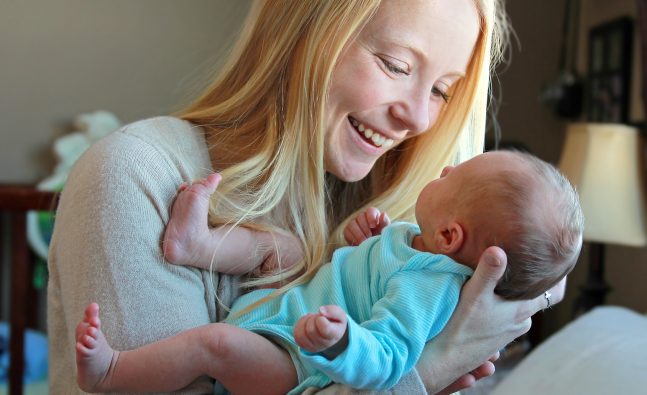5 Things Most People Get Wrong About Weight Loss
A poor approach yields poor results. And when you’re aiming for weight loss, it can also cause hair-pulling frustration, tears, and even weight gain. Unfortunately, most dieters are following worn out, misinformed, and counterproductive weight-loss strategies, says Susan Albers, Psy.D., a clinical psychologist at the Cleveland Clinic and author of the new book Eat Q: Unlock The Weight-Loss Power of Emotional Intelligence. Read on for the weight-loss mentalities that may be standing between you and your healthy weight.
MISTAKE: Improving What You Eat, Not How You Eat
“Sometimes you don’t even have to radically change what you’re eating to lose weight,” says Albers. “You just need to change how you’re eating.” For instance, if you’re loading up on junk food when you’re stressed, eating a salad while working on the computer, or mindlessly munching during a TV show, you may just need to eat more mindfully, she says. When you tune in to your body and focus on what you’re eating (its taste, smell, texture, etc.), your brain is better able to register what you’ve eaten and when you’ve eaten enough. Bonus: When eating mindfully, many people realize the junk foods they’ve been eating really don’t taste very good, she says.
MORE: 8 Tips That Make it Easier to Stop Eating When You're Full
MISTAKE: Being Overly Idealistic
“Shoot for the moon. Even if you miss, you’ll land among the stars.” It’s a nice thought, but, unfortunately, when people miss the weight-loss moon, they tend to give up altogether. “It’s important to be realistic and realize that you aren’t going to eat perfectly, says Albers. For example, if it feels impossible for you to entirely cut sugar out of your diet, you can still cut back on it. Sometimes, putting less pressure on yourself can actually yield better results.
MISTAKE: Shooting for the Wrong Goal
Most people’s weight-loss goals go something like this: “Lose 10 pounds in six weeks.” “Drop two sizes.” “Fit into my skinny jeans.” Those goals are frustrating and can make you quickly give up, says Albers, who warns against delaying gratification. Instead, give yourself a process-oriented goal you can check off of your list each day (and celebrate with a happy dance). For instance, make your goal running for 20 minutes or eating five servings of vegetables. You have complete control over whether or not you hit them and, in the end, those are the goals that will help you shed pounds, she says.
MORE: 25 Reasons You Can't Lose Weight
MISTAKE: Thinking That What’s Right for One Person is Right for Everyone
Many dieters wrongly believe that diets for specific populations, such as those with food allergies and sensitivities, will help everyone lose weight. Or they just believe that because a friend lost weight on X, Y, or Z diet, that’s the only way they can lose weight. Wrong. Every person’s body, nutritional needs, and psychology are different, and your healthy-eating strategy should reflect that, says Albers, who recommends working with a dietician to find a plan that will work for you.
MISTAKE: Classifying Foods as “Good” or “Bad”
Completely cutting out “bad” foods can lead to uncontrollable cravings and, eventually, binge eating and weight gain, says Albers. But you can also overeat superfoods. Consume too many berries, and your blood-sugar levels can spike. Eat too many avocadoes, and you can end up taking in more calories than you’re burning. A better approach is taking into account a food’s full nutritional profile and factoring that info into your overall eating strategy, says Albers.
MORE: The Secret to Weight-Loss Results, No Matter Which Diet You Follow
-
Weight Loss Myth: The Dreaded Plateau
You’ve been eating healthy and exercising for a few months now a
-
Slim down with a detox bath
-
5 Tricks to burn 300 calories at the office
-
What spa treatments can do for weight loss
-
Include salmon in your weight loss diet
-
Could your medication be making you gain weight?
- DON'T MISS
- 5 Foods that could help you lose weight
- The Type of Job That Can Lead to Weight Gain
- The personality trait that will help you lose weight
- Running This Much Each Week Can Help You Lose Weight
- Lose weight by eating the same meals
- Low fat desserts that wont derail your diet
- 5 Healthy Snacks That Are Keeping You From Losing Weight
- How Kim Kardashian Plans to Hit Her Post-Pregnancy Goal Weight of 120 Pounds
- Too much alcohol will increase weight gain
- Stock your kitchen to support weight loss




